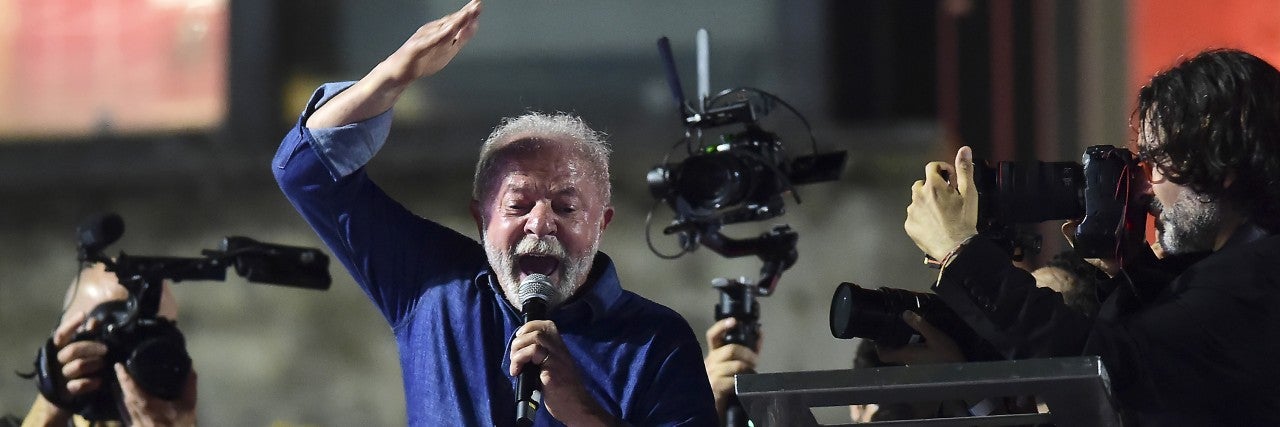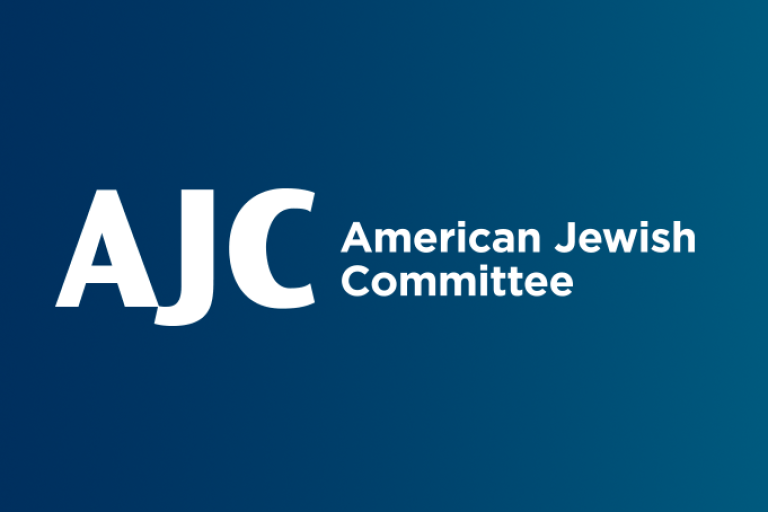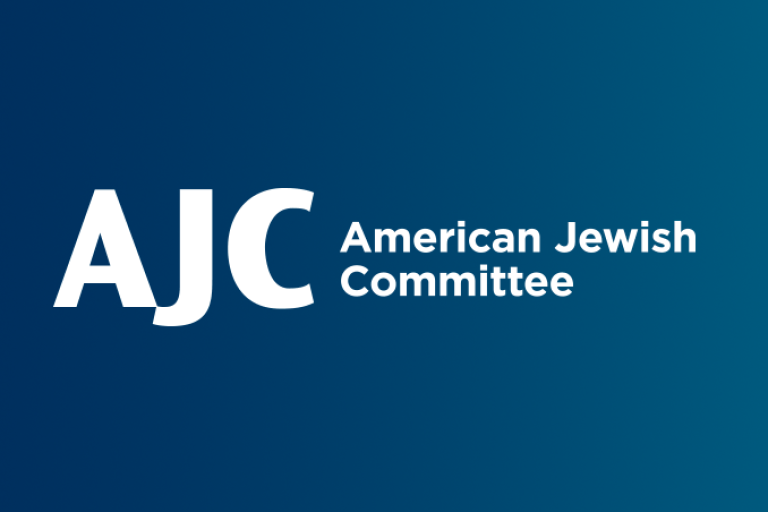November 9, 2022
Luiz Inácio Lula da Silva, known popularly as “Lula,” 77, recently won Brazil’s closely watched presidential election over President Jair Bolsonaro, 67, a right-wing populist and deeply polarizing figure in Latin America’s largest country.
Lula, who previously served two terms as president from 2003 to 2011, was elected for a third term that will begin on Jan. 1, 2023, by a small margin that generated fears of a contested election by Bolsonaro.
Both Lula and Bolsonaro have a mixed record when it comes to Jewish and Israel-related issues. Here are five things to know about the recent presidential elections.
-
Deeply-Divided Brazil
While Lula is no stranger to Brazilians, he will govern over a deeply divided country that’s very different from the one he governed more than a decade ago.
The narrow margin of victory speaks for itself. Lula won in thirteen states, and his opponent, incumbent President Jair Bolsonaro, also won in thirteen states, including the Distrito Federal, home to Brazil’s capital. Many feared that Bolsonaro, who has been compared to former U.S. President Donald Trump, would contest the election and refuse to transfer power. These fears subsided after Bolsonaro reluctantly agreed to the transition.
Lula will work with a Congress dominated by Bolsonaro’s conservative political party. Lula also will need to create space in his government for the parties with which he forged alliances, from the far-left to the center-right.
-
Victory for Democracy
Lula's election is considered a victory for Brazil's democratic system and its 215 million citizens. The election was rife with fake news, toxic rhetoric, and political violence. Bolsonaro also threatened not to recognize the results of the elections if he lost, claiming without evidence, that Brazil’s electronic voting system was vulnerable to fraud.
But 48 hours after the votes were counted, Bolsonaro did authorize the transition of power to begin and called on his supporters to end their protests.
-
Warm International Welcome
The international community was quick to recognize Lula's victory. In the hours following the official announcement of the results, he had been greeted and congratulated by most major powers and had been invited to participate in the 2022 United Nations Climate Change Conference, and the World Economic Forum in Davos, Switzerland as Brazil’s president-elect.
Israeli President Isaac Herzog, in congratulating Lula on his victory, recalled President-elect’s visit to Israel in 2010, the first by a Brazilian leader since the 19th century when it was under the control of the Ottoman Empire.
“We fondly recall his visit here in his previous term. We look forward to deepening our excellent ties with Brasília and especially to cooperating on an issue close to both our hearts: the environment,” Herzog said.
U.S. President Joe Biden also congratulated Lula on his victory. Biden spoke with Lula on Oct. 31, where he commended Brazil’s strong show of democracy and discussed the “strong relationship” between the two countries, including the commitment to “working as partners to address common challenges, including combatting climate change, safeguarding food security, promoting inclusion and democracy, and managing regional migration.”
-
Bold Agenda
In his initial address after the elections, Lula said that his priorities would be the fight against hunger, poverty, and climate change. His government will roll out a heavy social program, focusing on education and culture. He also will propose green policies to reverse the high rates of deforestation in the Amazon, the world's largest tropical rainforest.
But again, this is not the same country Lula governed more than a decade ago. His two terms in office were boom times for Brazil, which helped to finance a slew of social programs such as Bolsa Família—which provided direct cash transfers to low-income families in exchange for ensuring children’s attendance in school. After a bruising recession and pandemic, Brazil’s economy is now much weaker.
-
Brazil’s Jewish Community Also Split
The 120,000 members of Brazil’s Jewish community (the second largest in Latin America) were also deeply divided between supporting Lula and Bolsonaro in the election.
Following Lula’s election victory, Claudio Lottenberg, president of the Brazilian Israelite Confederation, wished him success and reiterated “our permanent availability for constructive and democratic dialogue.”
It’s unclear what Lula’s approach to Israel will be. During that historic visit to Israel in 2010, Lula refused to visit the grave of Theodor Herzl, the father of Zionism, but days later laid a wreath at Yasser Arafat’s grave in Ramallah. His government also was one of the first to recognize a Palestinian state and embraced former Iranian President Mahmoud Ahmadinejad, a notorious Holocaust denier who repeatedly threatened to wipe Israel off the map.
Meanwhile, Bolsonaro was one of Brazil’s most pro-Israeli leaders. Though Bolsonaro never fulfilled his promise to move the embassy to Jerusalem, he did open a trade office there.
Throughout his tenure as President, Bolsonaro was criticized for rhetoric that trivialized or distorted the Holocaust. In 2019, following his visit to the Yad Vashem Holocaust memorial in Jerusalem, Bolsonaro declared that Nazism was a product of leftist ideology, even though it’s widely accepted that it stemmed from the far-right. Two weeks later, he said that the crimes of the Holocaust can be forgiven. And in 2020, his slogan for fighting COVID-19 borrowed from the infamous Nazi inscription at the entrance to the Auschwitz concentration camp: “Arbeit macht frei,” or “work will set you free.”


